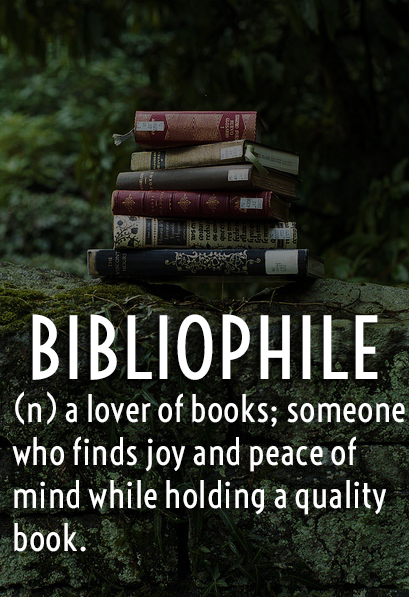Objective:
I can demonstrate understanding of the parameters for the SHRRP outline, and track my research in my dialectical research log. I can collate evidence, evaluating it for credibility and usefulness.
I can deepen my understanding of global poverty, by perusing and responding to terminology and literary accounts. I can support my assertions with textual evidence.
I can make inferences, evaluate evidence and conclusions, detect underlying assumptions, and see relationships around a theme of injustice.
1. Launch
2. Activate Prior Knowledge
2a. Be prepared to share out from your launch
2b. Language for Academic Argument
3. What is Poverty? by Jo Goodwin Parker
3a. Read aloud as a class
3b. Response log
3c. Share out
4. Individuated Work Time
4a. SHRRP Outline and Source List
4b. Dialectical Research Log
5. Exit ticket
HOMEWORK: Remember to study your SHRRP Vocab Week 2, and work on your Sources at home!
SHRRP Research Compendium
i. Week 1:
a. UNICEF
b. NESRI
c. Learning Outcomes Assessment
d. HREA Study Guide
e. NPR: on bias amongst professors (audio)
f. Access of Ethnic Minorities to Higher Education (article published by Berkeley Center for Higher Education)
g. The Opportunity Gap (NYTimes article)
h. Michigan's Ban on Affirmative Action Upheld by Supreme Court (CNN)
i. Minorities and whites follow unequal paths to college (Washington Post)
ii. Week 2:
a. The Eyes of the Poor by Charles Baudelaire
b. The Nobodies by Eduardo Galeano
c. What is Poverty? by Jo Goodwin Parker
d. Ms. G's photos
I can demonstrate understanding of the parameters for the SHRRP outline, and track my research in my dialectical research log. I can collate evidence, evaluating it for credibility and usefulness.
I can deepen my understanding of global poverty, by perusing and responding to terminology and literary accounts. I can support my assertions with textual evidence.
I can make inferences, evaluate evidence and conclusions, detect underlying assumptions, and see relationships around a theme of injustice.
2. Activate Prior Knowledge
2a. Be prepared to share out from your launch
2b. Language for Academic Argument
3. What is Poverty? by Jo Goodwin Parker
3a. Read aloud as a class
3b. Response log
3c. Share out
4. Individuated Work Time
4a. SHRRP Outline and Source List
4b. Dialectical Research Log
5. Exit ticket
 |
| "How long will it take for someone to take a stand?" Masada, Israel Photo credit: S. Gzesh |
HOMEWORK: Remember to study your SHRRP Vocab Week 2, and work on your Sources at home!
SHRRP Research Compendium
i. Week 1:
a. UNICEF
b. NESRI
c. Learning Outcomes Assessment
d. HREA Study Guide
e. NPR: on bias amongst professors (audio)
f. Access of Ethnic Minorities to Higher Education (article published by Berkeley Center for Higher Education)
g. The Opportunity Gap (NYTimes article)
h. Michigan's Ban on Affirmative Action Upheld by Supreme Court (CNN)
i. Minorities and whites follow unequal paths to college (Washington Post)
ii. Week 2:
a. The Eyes of the Poor by Charles Baudelaire
b. The Nobodies by Eduardo Galeano
c. What is Poverty? by Jo Goodwin Parker
d. Ms. G's photos




























